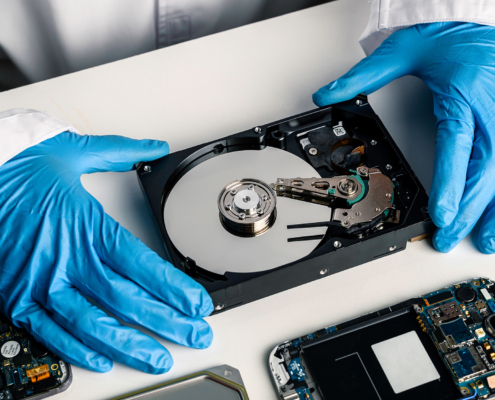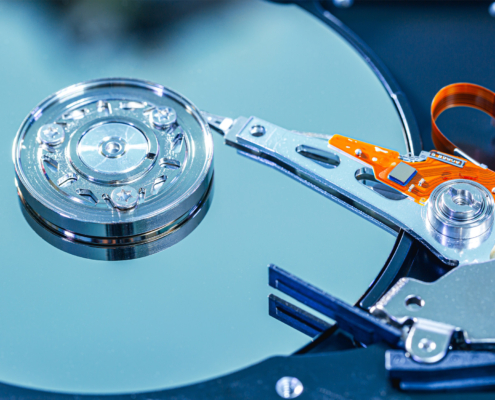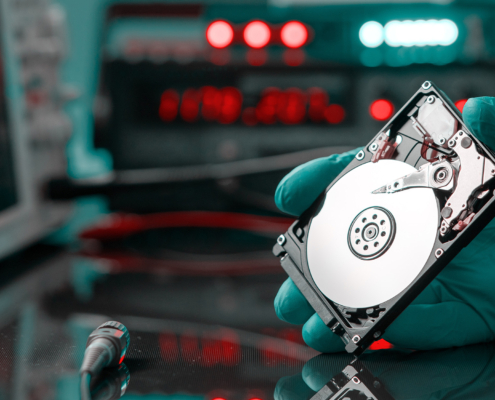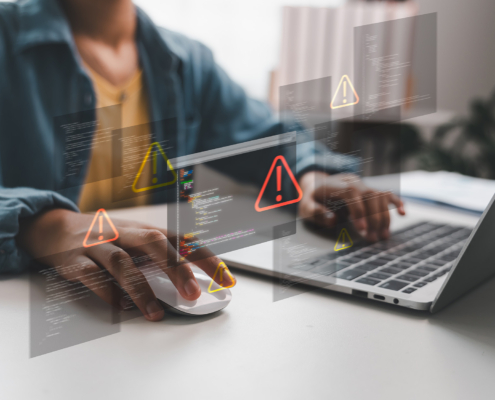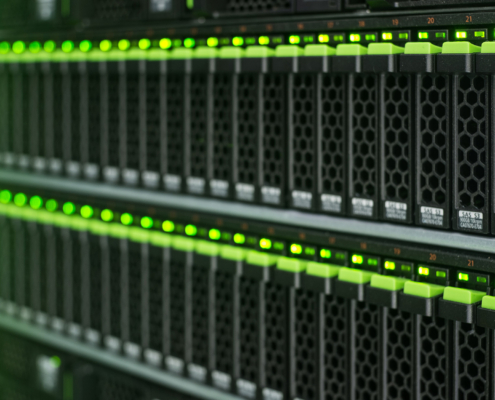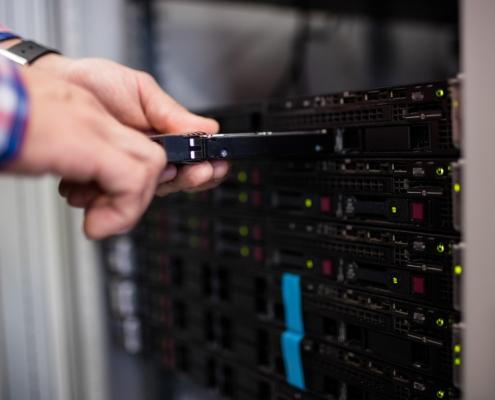Despite advances in storage technology, hardware failure remains one of the leading causes of data loss. Hard drives, especially traditional spinning disk models (HDDs), are mechanical devices with moving parts that wear down over time. Solid-state drives (SSDs), while faster and more durable, are not immune to failure; they can degrade due to limited write cycles or firmware issues.
Common reasons for hardware failure include:
- Manufacturing defects
- Excessive heat or poor ventilation
- Electrical surges or power supply issues
- Physical shock or improper handling
- Age-related degradation
To prevent hard drive failure, businesses should implement proactive health monitoring systems that alert IT staff to early signs of trouble. This includes tracking SMART metrics (Self-Monitoring, Analysis, and Reporting Technology), performing routine drive diagnostics, and maintaining proper environmental conditions for servers and devices.
Most importantly, every organization should treat all hardware as temporary, as no drive lasts forever. Only proper backup best practices can ensure continuity when failure inevitably occurs.



